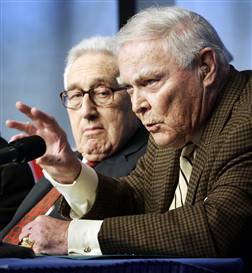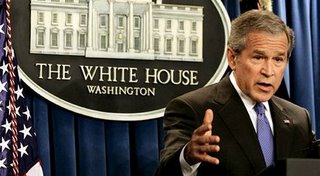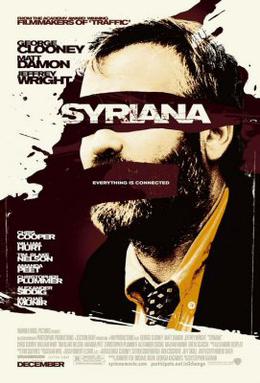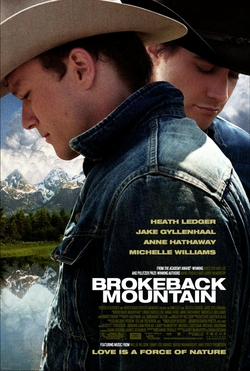“Every asset of the nation must be applied to the conflict to bring about a quick and successful outcome, or don’t do it,” Haig said, according to Associated Press reports. “We’re in the midst of another struggle where it appears to me we haven’t learned very much.”

Haig spoke at a conference at the John F. Kennedy Presidential Library and Museum, an event meant to look at how the Vietnam War and the American presidency were intertwined. It was an occasion to gather some of the best & brightest from previous administrations.
Besides Haig and Vietnam War architect and former Secretary of State Henry Kissinger, there was Jack Valenti, adviser during the Johnson administration and former head of the Motion Picture Association of America.
Valenti observed what the current occupants of 1600 Pennsylvania Avenue seem to have overlooked despite hang-tough pronouncements, that the lessons of Vietnam have been “forgotten or ignored” in Iraq, and that “no president can win a war when public support for that war begins to decline and evaporate.”
Valenti's assessment is that much more problematic when support for both the president and the war he engineered decline at practically the same time. On this, the third anniversary of the start of the Iraq war, the president faces a restive Congress, an equally querulous electorate and an intractable insurgency that shows every sign of digging in. And as the Republican Haig's comments and the reactions from some in the GOP Congress indicate, the problems for the Bush presidency no longer hew conveniently along party lines. Even presumed allies are finding fault.
It's the kind of situation that makes possible results from the latest poll by Pew Research Center for People and the Press, which put it in perspective: "Bush’s overall approval measure stands at 33 [percent], the lowest rating of his presidency." In other data from the same poll, Pew reported that 70 percent of Americans think President Bush "does not have a clear plan for bringing the Iraq conflict to a successful conclusion." Again, it's not a party-line conclusion: Pew reports that "40 [percent] of Republicans share this opinion."
That train wreck of leadership numbers has a nasty parallel in the personality department. "The president’s personal image also has weakened noticeably, which is reflected in people’s one-word descriptions of the president," stated another part of the Pew report, released March 15. "Honesty had been the single trait most closely associated with Bush, but in the current survey 'incompetent' is the descriptor used most frequently."

It gets worse than that. In a riotous extension of its usual businesslike polling approach, Pew got into the word association game, offering respondents a range of one-word descriptor choices, including "selfish," "ass," "jerk," "idiot," "liar" and other language we can charitably call less than presidential.
I'm forgoing the raw numbers and which words placed highest in respondents' reaction. In some ways the range of words used to describe the commander-in-chief, the highs and lows of such scoring, don't even matter. The very idea that those words could or should be used in juxtaposition with the phrase "President of the United States" is a strong indicator of just how far Bush has fallen in recent months -- to say nothing of his decline from just after Sept. 11, 2001, when George Bush the Younger commanded approval ratings in the 80th percentile, the highest such approval ratings for a sitting president since, believe it, Franklin D. Roosevelt.
The rise and fall of George Bush as president parallels the rise and fall of a war effort that was problematic from the start. The fact that the administration is staking so much of its reputation and historical standing on the outcome of the war must be a given at this point. The one thing that's in play now, where the debate engages, is in the analyses of whether Iraq is or is not now in the midst of a civil war.
The administration's perspective is, understandably, in the negative, with various administration talking pointed heads insisting that there is no civil war -- that the challenges, admittedly serious, are still short of that level of catastrophe. The vested interest in the administration's view of there being no civil war can't be ignored.
But there's also no ignoring the viewpoint of one man in a singular position. Former Iraqi Prime Minister Ayad Allawi said it plain yesterday in an interview with the BBC, calling it "unfortunate that we are in civil war. We are losing each day as an average 50 to 60 people throughout the country, if not more. If this is not civil war, then God knows what civil war is."
There in a succinct, articulate nutshell is the dilemma for the United States: In the face of mounting sectarian depravities, how can the U.S. go on insisting that the same situation Allawi says has already started doesn't yet exist? Allawi's assessment is frightening enough -- with words that have the ruthlessly pragmatic ring of the Truth, and by virtue of their perspective, coming from a man who's certainly in a position to know what he's talking about.
But it gets worse: Allawi told the BBC that if Iraq were to fold, the same ethnic violence that's tearing that country apart would surely metastasize throughout the Middle East, in such a way that Europe and the United States would feel it too.
Various Americans, from Ted Kennedy to gold star mom/activist Cindy Sheehan, have long been calling the Iraq war a sequel to the debacle of Vietnam. Today, the third anniversary of the start of the Iraq war, the comparisons are that much brighter, clearer, starker and harder to deny -- even for cold warriors like Haig and Valenti. Their grim assessment of the present is based on an intimate knowledge of and participation in the past. Their conclusions deserve to be heard amid the shock and awe of our uncertain future.













